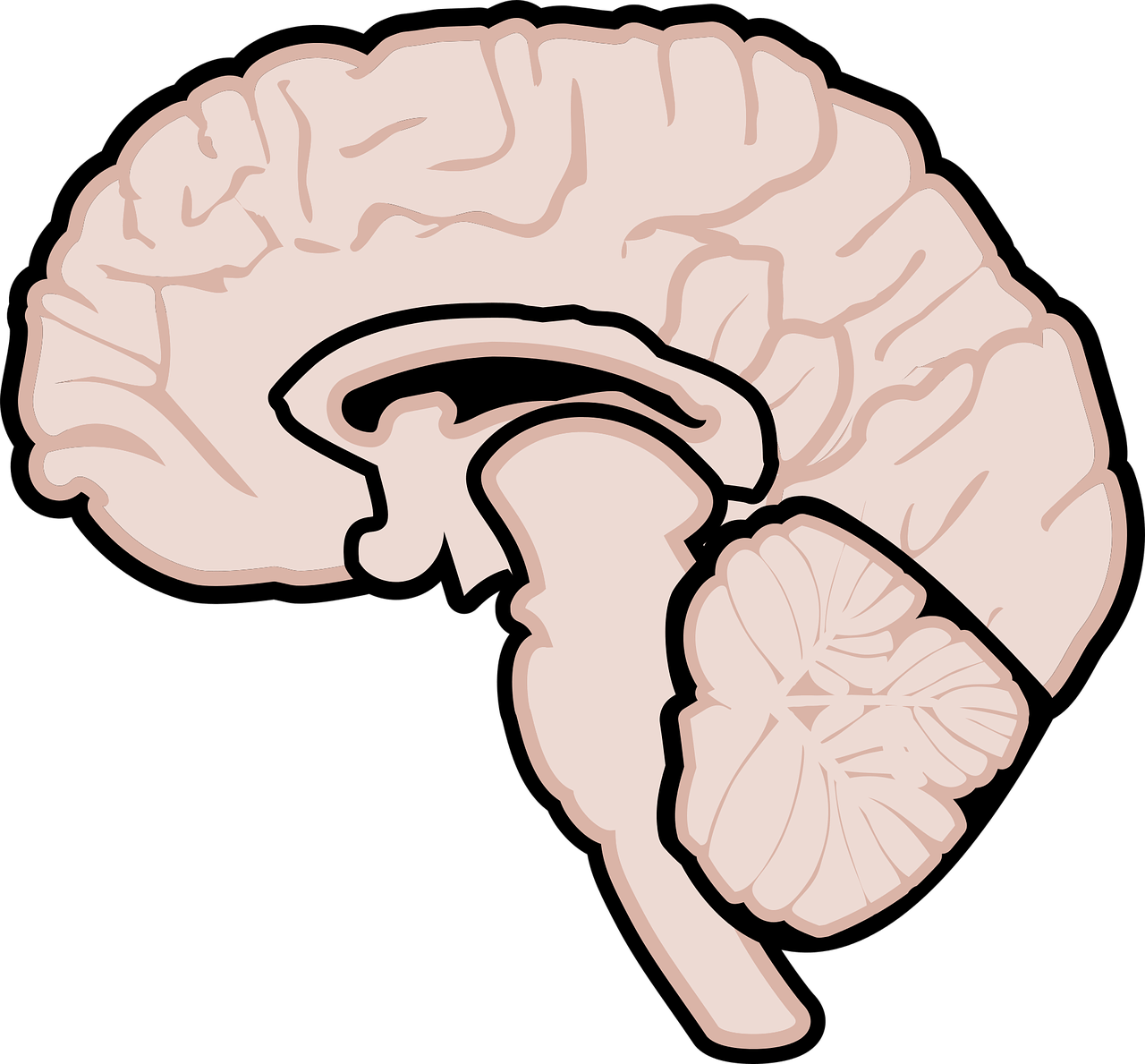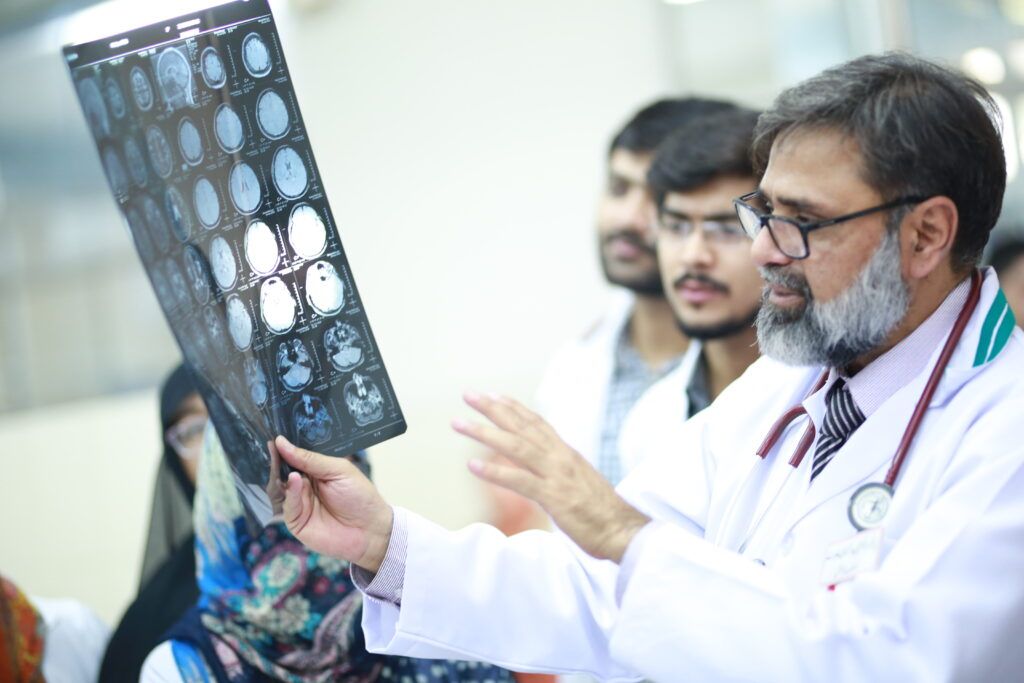Together We Can Beat MS
Multiple Sclerosis affects thousands of people in Pakistan. In 2026, with advances in diagnosis and treatment, early intervention can make a significant difference in managing this condition and maintaining quality of life.
What is Multiple Sclerosis?
Multiple Sclerosis (MS) is a chronic condition affecting the central nervous system, including the brain, spinal cord, and optic nerves. In MS, the immune system mistakenly attacks the protective covering of nerve fibers, disrupting communication between the brain and body.
MS can cause a wide range of symptoms that vary from person to person. While there's no cure yet, early diagnosis and treatment can help manage symptoms and slow disease progression.
Learn More About MS
Recognizing MS Symptoms
Early recognition of MS symptoms is crucial for timely diagnosis and treatment. Symptoms can vary widely but often include:
Vision Problems
Blurred vision, eye pain, or temporary vision loss in one eye. These symptoms may worsen over days or weeks.
Numbness & Tingling
Pins-and-needles sensation or numbness in arms, legs, or face that lasts longer than usual.
Muscle Weakness
Difficulty with coordination, walking, or performing daily activities due to muscle weakness.
Fatigue
Overwhelming tiredness that isn't relieved by rest and interferes with daily functioning.
Cognitive Changes
Problems with memory, concentration, or processing information quickly.
Balance Issues
Dizziness, vertigo, or difficulty maintaining balance while walking or standing.
Why Early Diagnosis Matters

The Importance of Timely Treatment
Disease activity and disability progression can occur at the earliest stages of MS. Research shows that starting treatment early can:
- ✓ Slow disease progression significantly
- ✓ Reduce the frequency and severity of relapses
- ✓ Help maintain physical and cognitive function
- ✓ Improve long-term quality of life
- ✓ Prevent or delay disability
Don't wait. If you're experiencing symptoms, consult a neurologist as soon as possible.
Find a Neurologist Near YouMS Awareness in Pakistan
Growing Recognition and Support
Multiple Sclerosis awareness in Pakistan has grown significantly in recent years. More neurologists are now trained in MS diagnosis and treatment, and modern therapies are becoming increasingly available.
However, many people still face challenges in accessing timely diagnosis and appropriate care. This website aims to bridge that gap by providing:
- 📚 Educational resources about MS
- 🏥 Directory of qualified neurologists
- 🔍 MRI facilities across Pakistan
- 💪 Patient stories and support
- 📊 Latest MS research updates
- 🤝 Community awareness initiatives
Mobile Health Tools for MS Management
Stay Connected to Your Health
Managing Multiple Sclerosis in 2026 is easier with the right mobile tools. From symptom tracking to medication reminders, healthcare applications help MS patients stay organized and connected with their treatment plans.
Modern health apps provide valuable features for MS management:
- Daily symptom journals and tracking
- Medication schedules and reminders
- Doctor appointment management
- Wellness and mood monitoring
- Direct communication with healthcare providers
Access Healthcare Apps in Pakistan
Finding and installing the right health applications on your smartphone can significantly improve your MS management experience. Whether you're looking for symptom trackers, telemedicine platforms, or general wellness tools, having access to quality apps makes a difference.
Discover essential mobile health resources designed to support MS patients and learn how to safely access healthcare applications on your Android device in Pakistan.
Take Action Today
Whether you're experiencing symptoms, supporting a loved one with MS, or simply want to learn more, we're here to help.